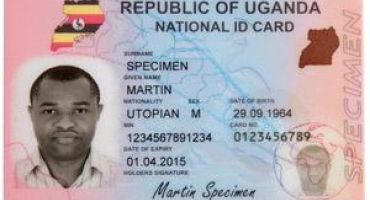Overview of Migration Management
Migration lies at the heart of regional integration within the East African Community (EAC). As we strive to realize the fundamental objectives of the East African Common Market Protocol — facilitating the free, safe, and orderly movement of individuals — effective migration management becomes paramount. It is crucial to acknowledge that migration is intricately linked to various challenges such as irregular migration, human smuggling, human trafficking, as well as cross-border crimes like car theft, armed robberies, and fugitives of law.
However, amidst these challenges, migration presents significant opportunities. Legal labor migration, for instance, fosters positive impacts such as increased remittances, technology transfer, and enhanced cross-border trade. These benefits extend to both the receiving and sending countries. Therefore, managing migration entails mitigating its negative effects while capitalizing on its positive aspects.
Understanding migration as a multifaceted process involving various stages, actors, policy considerations, stakeholders, and post-migration elements is crucial. To harness the developmental potential of migration fully, a planned, organized, and coordinated approach to migration management is imperative.
In this regard, the EAC Partner States have agreed to adopt measures that achieve the free movement of persons, labour and services and to ensure the enjoyment of the right of establishment and residence for their citizens within the Community.
In strengthening Immigration capacities the EAC has addressed the following:
Visa Free Entry
EA e-Passprt
Electronic Travel Documents




